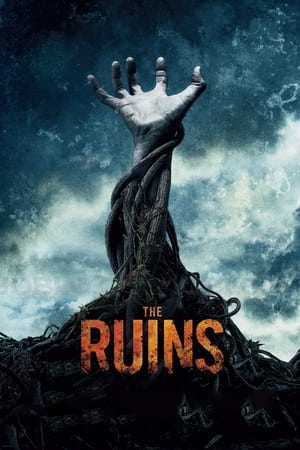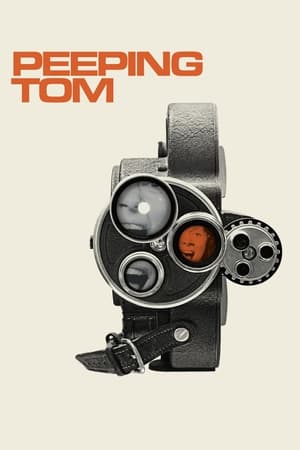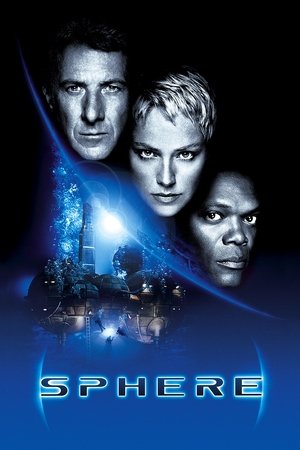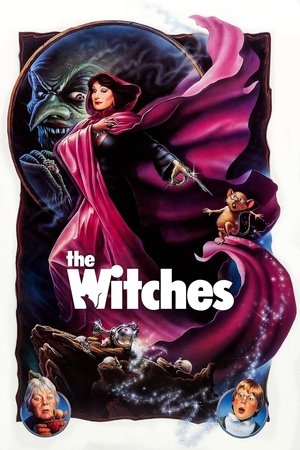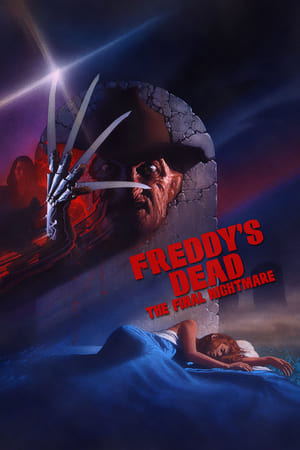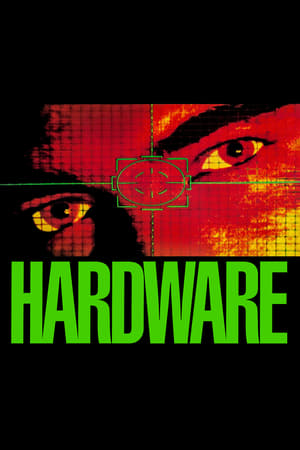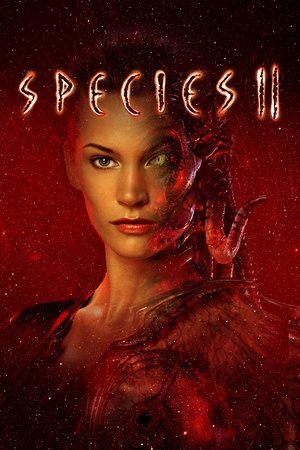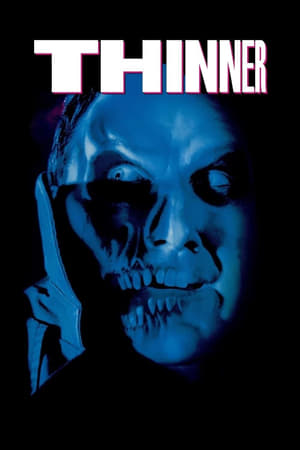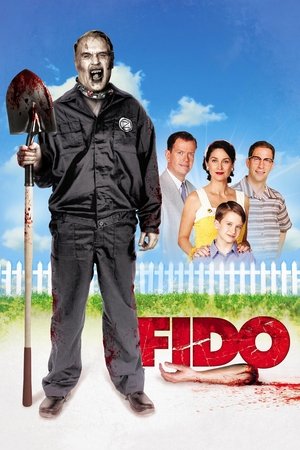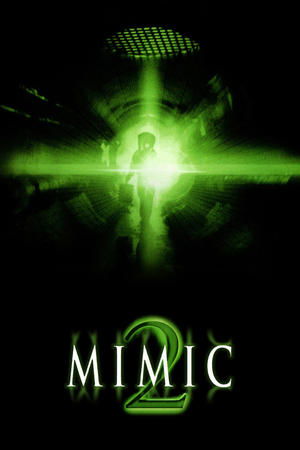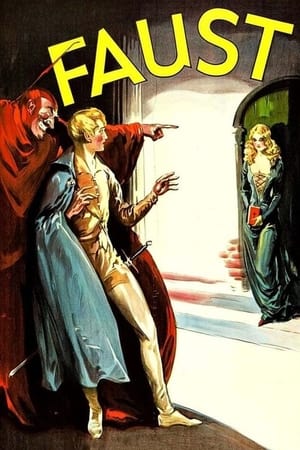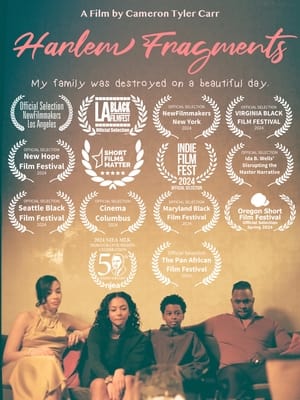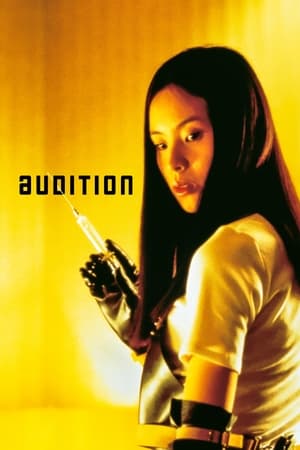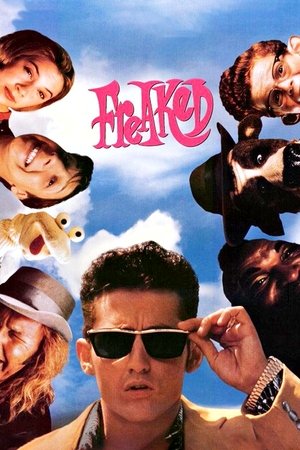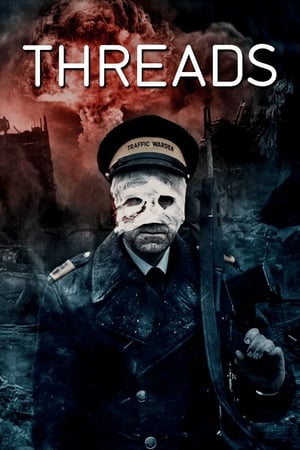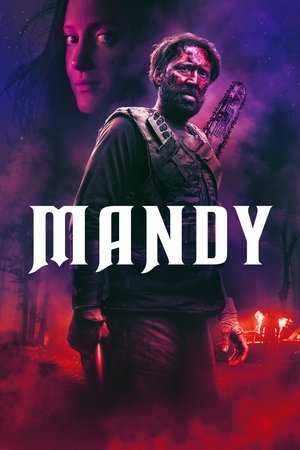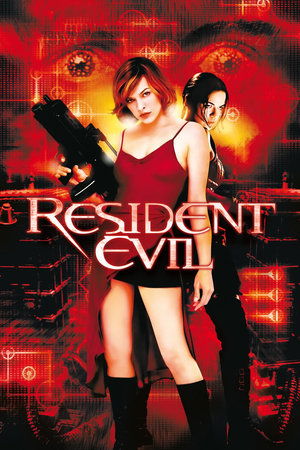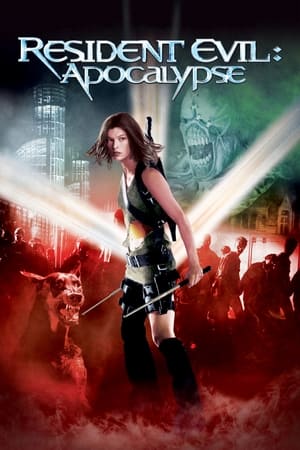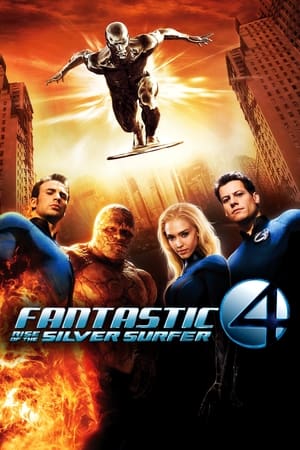Overview
A man tries to uncover an unconventional psychologist's therapy techniques on his institutionalized wife, while a series of brutal attacks committed by a brood of mutant children coincides with the husband's investigation.
Reviews
***When inner rage is personified***
A man (Art Hindle) investigates a pop psychologist’s unconventional therapy techniques after his daughter shows signs of abuse when visiting her mother (Samantha Eggar) undergoing the secretive treatments. The mystery deepens when people linked to the situation wind up slain by… the Brood. Oliver Reed plays the strange, formidable doctor.
“The Brood” (1979) is a psychological drama/horror written & directed by David Cronenberg after his divorce & custody battle, which makes sense once you see the movie. As my title blurb states, the theme concerns the personification of internal rage, whether conscious or subconscious, which wasn’t a new concept in 1978 when the film was made; think “Forbidden Planet” (1956). A couple issues of the Man-Thing comic also addressed the issue in 1974. To forge the script Cronenberg combined this element with the oft-used idea of nefarious offspring a la “Village of the Damned” (1960) and “Children of the Damned” (1964).
One highlight is Reed’s intense performance and understated, intimidating presence. He was one of Brando’s few contemporaries that matched his brooding magnetism. Another highlight is the setting of Toronto in the late winter (or early spring), particularly the awesome Somafree facility in the country. The realistic tone is good and the movie has the confidence to take its time, but some parts & dialogues are too slow, which tempts your mind to wander. Also, the movie scores poorly on the female front.
The film runs 1 hour, 32 minutes and was shot in Toronto & Mississauga, Ontario.
GRADE: B-
They're her children. More exactly, they're the children of her rage.
The Brood is written and directed by David Cronenberg. It stars Oliver Reed, Samantha Eggar and Art Hindle. Music is by Howard Shore and cinematography by Mark Irwin.
Frank Carveth (Hindle) attempts to uncover the truth about an unconventional psychologist's therapy techniques on his institutionalized wife. Could the treatments at the Somafree Institute have anything to do with the recent series of brutal murders?
Come 1979 one David Cronenberg was getting into his grove for laying down a marker for body horror and psychological distortion. The Brood is at its core a little "too" out there, but it is high on thought provoking worth and as we would come to expect from the great director, it's also in turns repulsive. Crucially, as is the director's want, it isn't spoon feeding you answers, the narrative gaps are deliberate, pic urges you to invest your all or get nothing in return.
Pace is very much on the slow burn, the story trundling along as we get to grips with the key characters - most importantly that of Nola Carveth (Eggar). Working with a par for the course tight budget, Cronenberg goes big on atmosphere and simmering tension (utilising his cinematography know how), stopping only briefly for some short sharp shockery as strange mutant children - maybe? - suddenly appear to unleash brutality. There's a cold and distant disquiet about proceedings, which ironically matches the settings for the play unfolding.
Interesting to note that not for the first or last time Cronenberg was accused of over stepping the mark. Recently off of a caustic divorce, he then made The Brood, which on the outside definitely does have anti woman leanings. To say more would be spoiler territory, so make up your own minds on that score, but either way it's the clinically unsettling work of an always challenging director. 7/10
Oliver Reed plays the sophisticated, secretive psychologist "Raglan" who is treating "Nola" (Samantha Eggar), the wife of "Frank" (Art Hindle). His techniques are either cutting edge or reckless, depending on your point of view - and his peers take the latter view, so he carries out much of his work in a remote facility that appears little better than a glorified cabin. When his young daughter returns from a visit to her mother, "Frank" notices some rather nasty bruises on her back. Concerned, he forbids his daughter from returning, but when firstly his mother, then his father are brutally killed by being beaten to death, he begins to suspect all is not right with "Raglan" and his practices. Now, we are given clues far earlier than "Frank", so I found there to be little jeopardy with the developing plot. David Cronenberg's story, here, is not one of his more complex, or finest for the matter and the ending made me laugh. It isn't that it is nonsense, it's just that it lacks any sense of peril or horror. The Howard Shore score tries hard to create a sense of fear, but we all know (or can easily guess) too much, too early in the proceedings for it to really build-up a head of steam, with the effects - especially at the end being more comical than terrifying. Much more could have been made of the meta-physics themes that underpinned the story, but as it is - it's just a bit half-baked.

 92 min
92 min
 6.721
6.721
 1979
1979
 Canada
Canada
 Wuchak wrote:
Wuchak wrote: